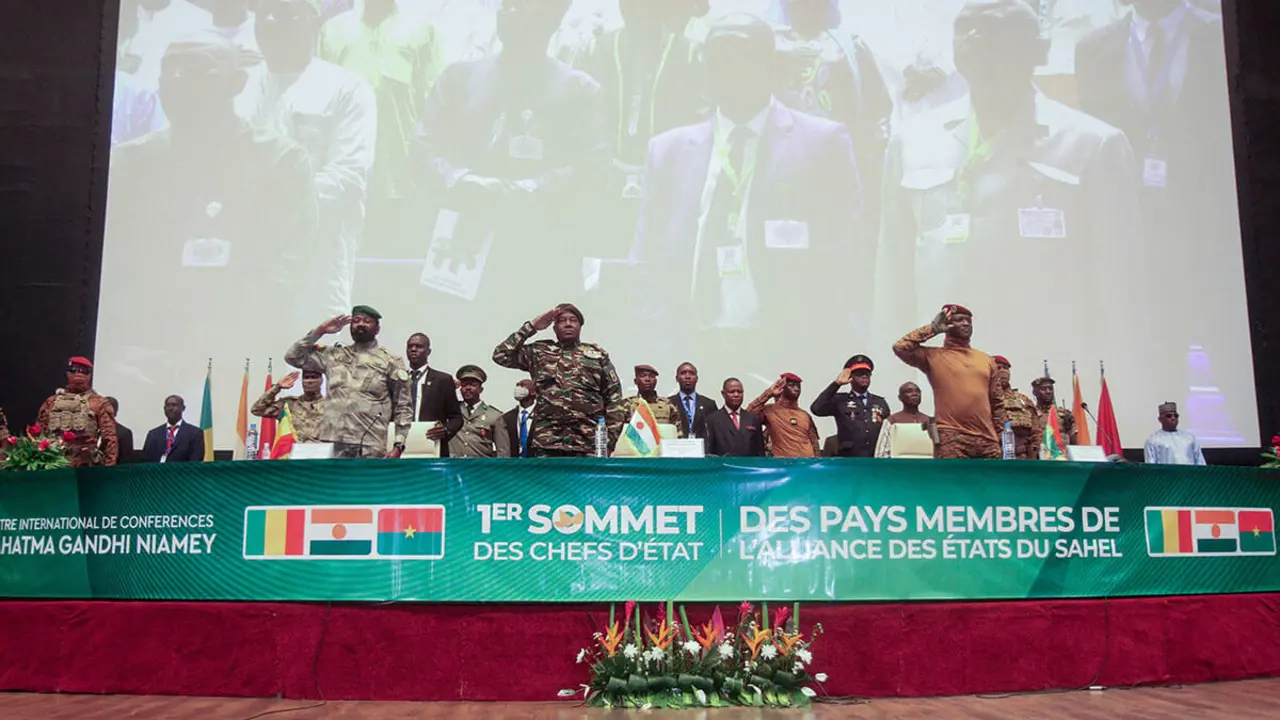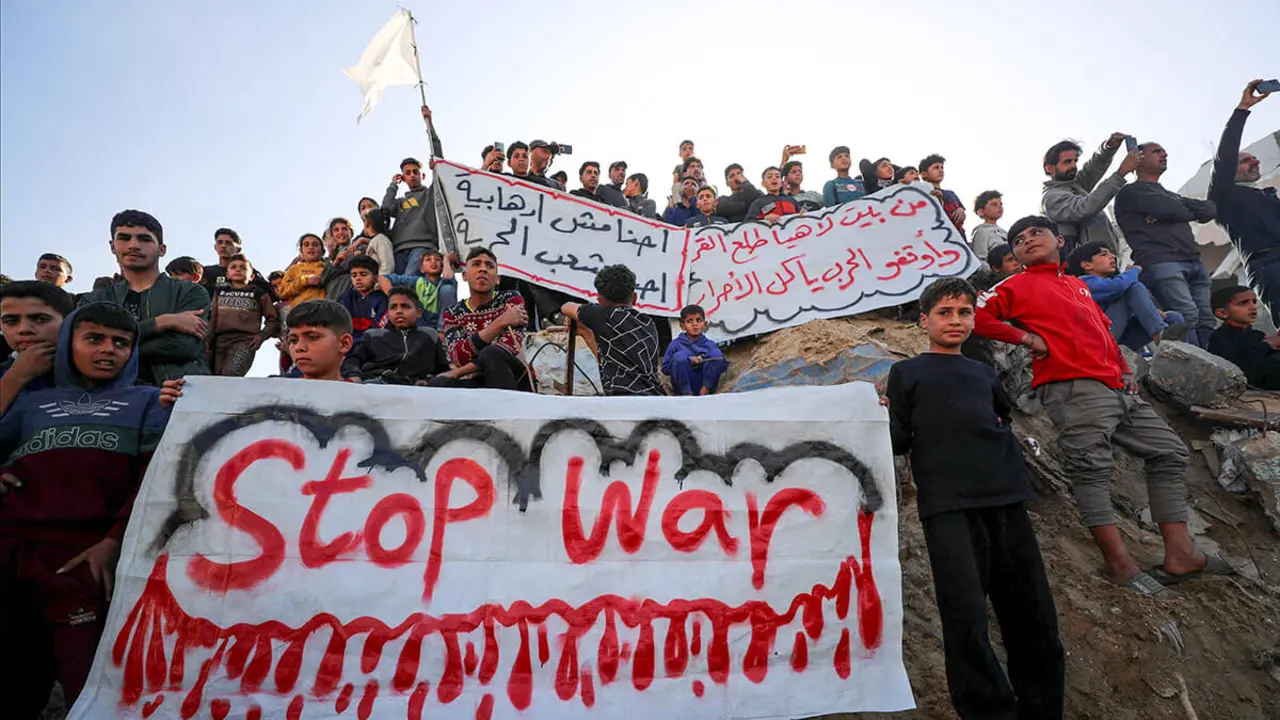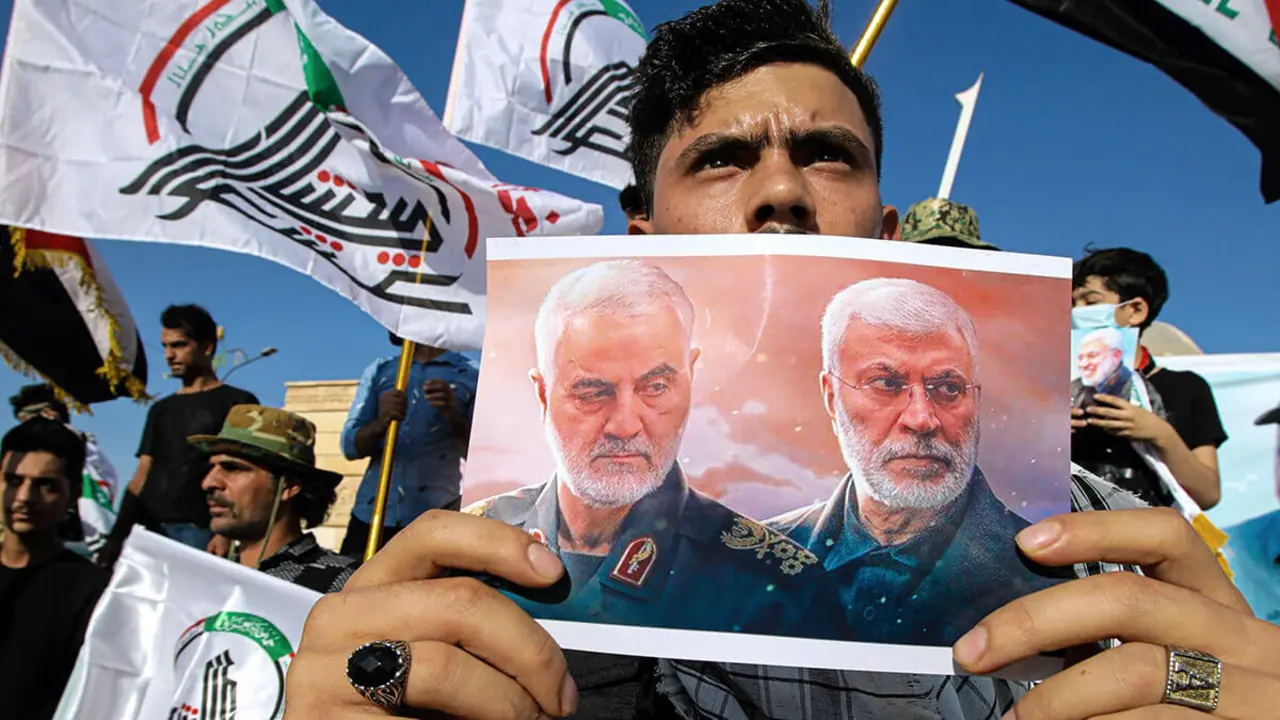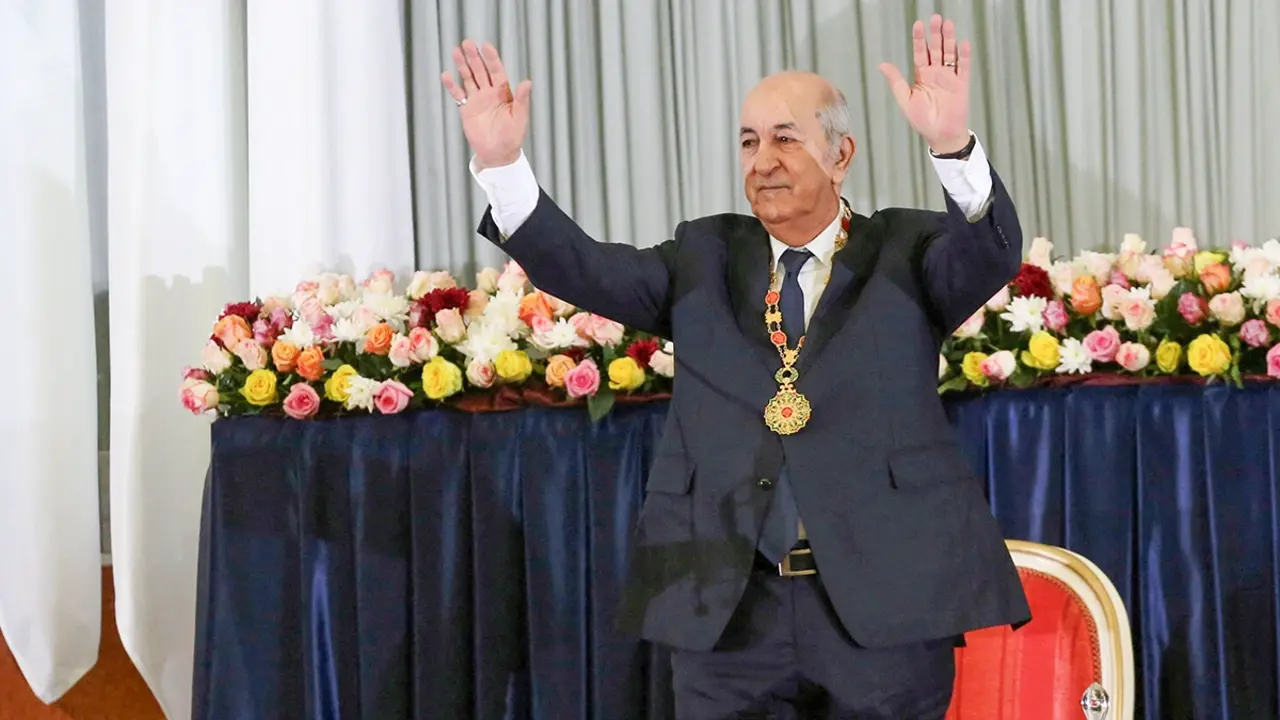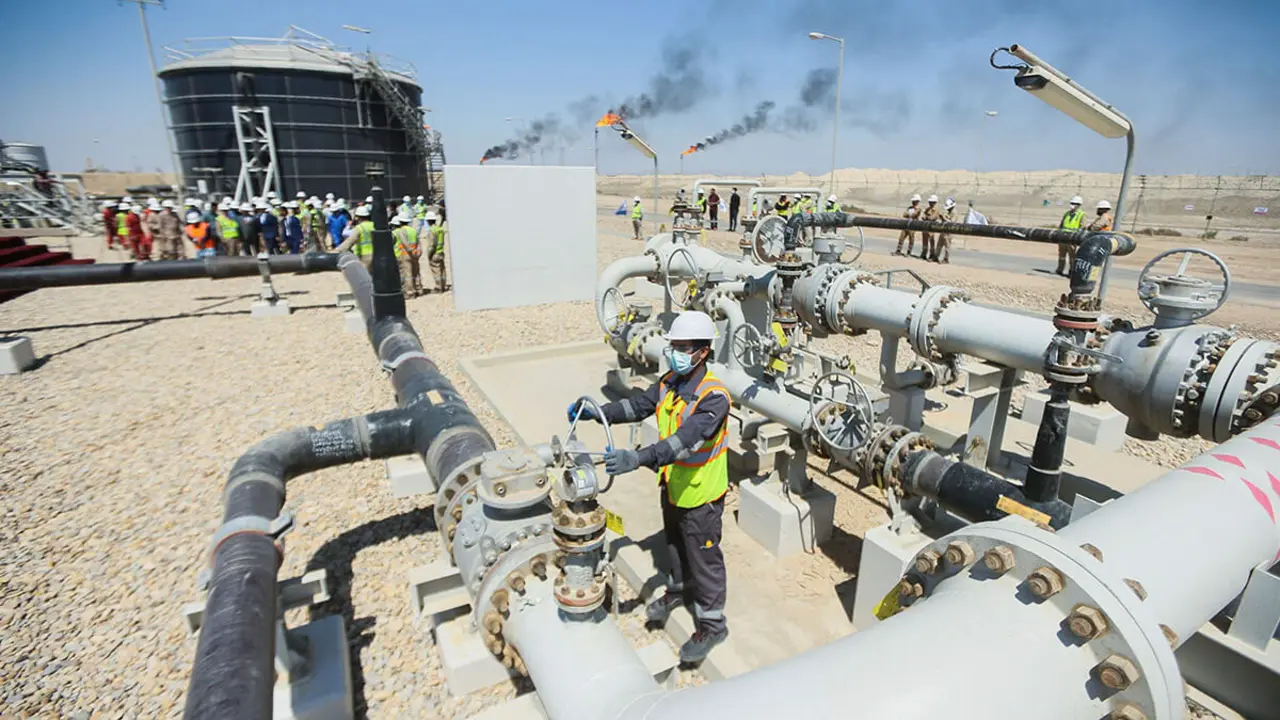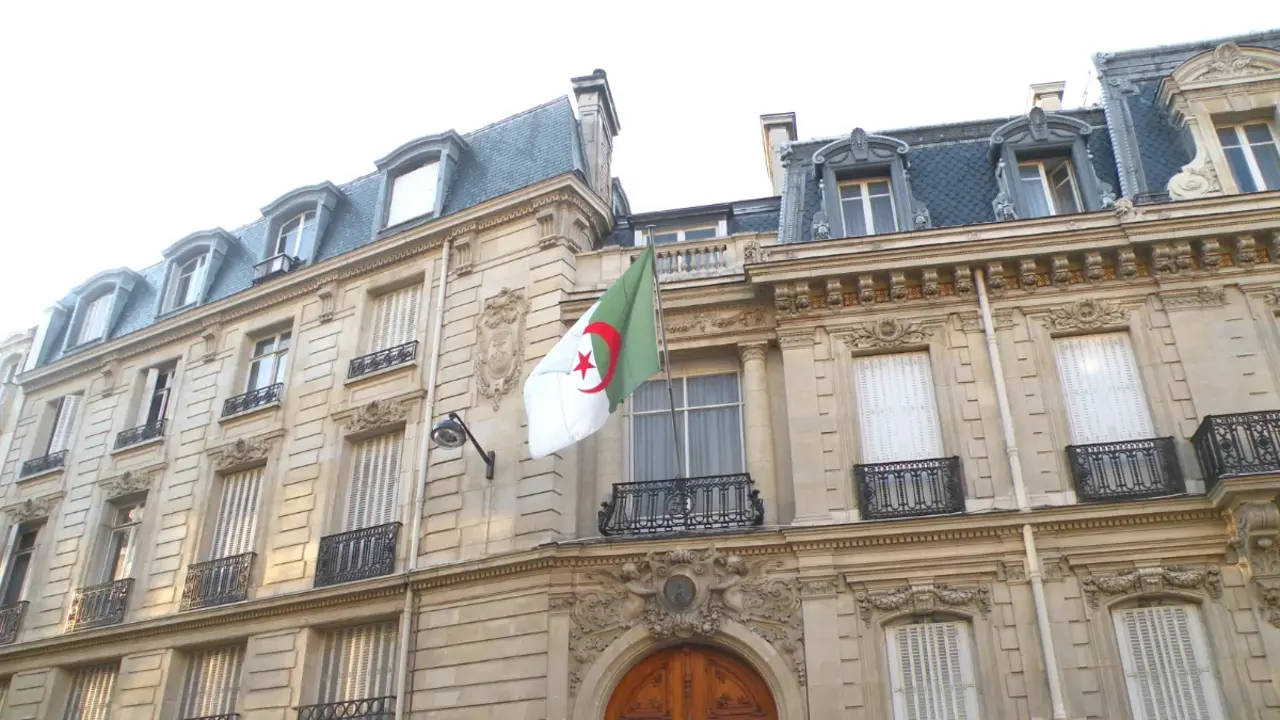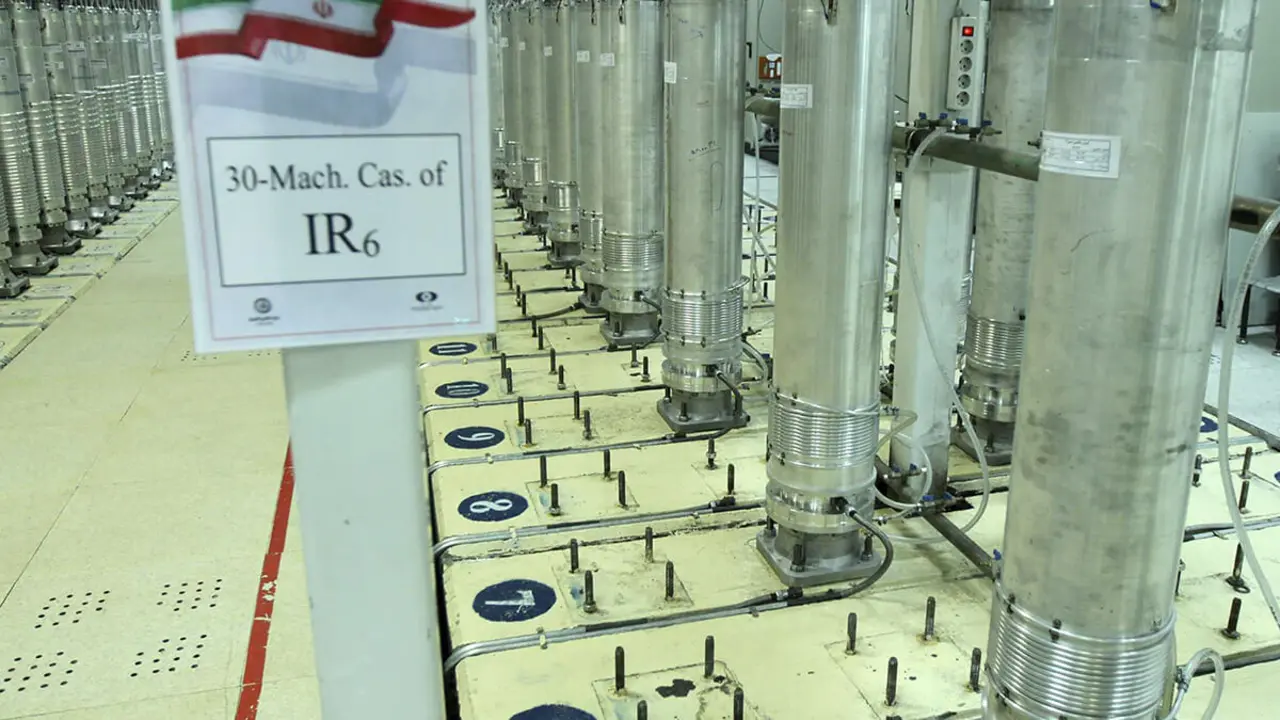Iran and Russia consolidate partnership to overcome international isolation

Iran and Russia have shored up their alliance to weather the severe sanctions regime weighing on their battered economies. Western countries tightened trade restrictions against Moscow and Tehran over the invasion of Ukraine and the violent crackdown on protests following the death at the hands of the Moral Police of young Mahsa Amini, respectively. In the face of adversity, the two have formed a common front in recent months. On the one hand, Russia became the largest foreign investor in Iran. On the other, Iran reinforced the Kremlin's war machine in Ukraine with the dispatch of Shahed kamikaze drones.
The world's two most sanctioned countries want to go one step further. "We define our relations with Russia as strategic and we are working together in many aspects, especially in economic relations," Persian Economy Minister Ehsan Khandozi explained this week in an interview with the Financial Times. "China and Russia are our two main economic partners [and] Iran will expand its relations with them by implementing strategic agreements". Moscow and Tehran are not alone in this equation: China is part of the bloc.
Bilateral cooperation reached record highs. "During the first ten months of 2022, for example, Russian exports to Iran increased by 27%, and Russian imports from Iran increased by 10%. They began eliminating the dollar from bilateral trade and signed a memorandum of understanding under which Russia will invest $40 billion in Iranian gas projects, $6.5 billion of which was already contracted in November," writes analyst Dina Esfandiary in the pages of Foreign Affairs magazine.
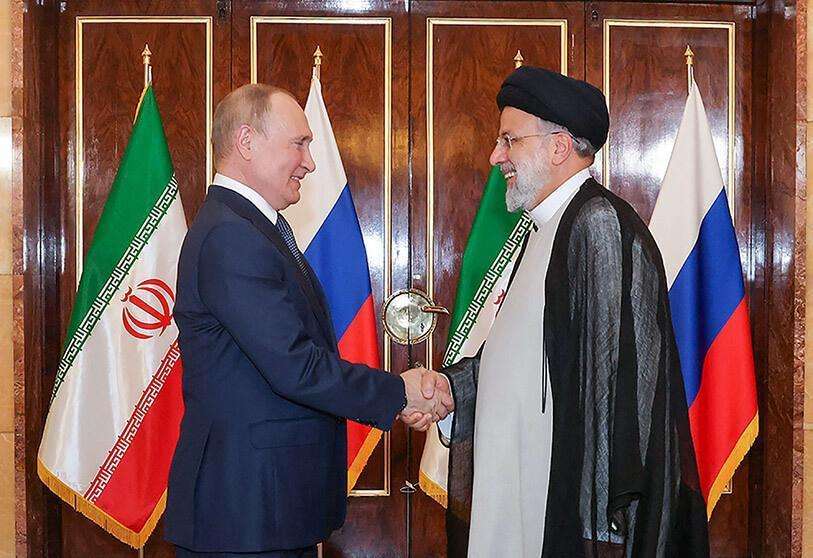
One of the sectors in which Iran has shown most interest in cooperating with Russia is nuclear energy. The Ayatollahs' regime qualifies that for civilian use. "The prospects for cooperation in the field of new energy and renewable energy sources, as well as in other types of energy, including peaceful nuclear energy, certainly arouse great interest and motivation to expand economic relations with Russia," Khandozi remarked. The two sides worked together to complete the construction of the Bushehr nuclear power plant on Iranian soil, a project that was left half-finished after the triumph of the 1979 revolution.
Iran's readiness for greater cooperation with Russia in the field of nuclear energy coincides with the controversies surrounding its nuclear programme, which was first halted eight years ago after the signing of the Joint Comprehensive Plan of Action (JCPOA) with Washington and five European capitals. The unilateral withdrawal of the United States from the agreement, taken by a Trump administration that opted for a hard line in its relations with Iran, motivated in part by Israel and Saudi Arabia, dynamited the pact and prompted the ayatollahs' regime to restart its plans.
The director general of the International Atomic Energy Agency (IAEA), Argentinean Rafael Grossi, confirmed during his visit to Tehran in March that the government of Ebrahim Raisi had agreed to restart surveillance cameras at several nuclear sites and to increase the frequency of safety inspections. A subsequent report by the UN agency said it had found particles of uranium enriched to 83.7% purity, just under the 90 % needed to produce an atomic bomb, in the underground silver at Fordow.
#Iran president Raisi visited Bushehr #nuclear plant today on Friday, saying “electricity generation capacity at Bushehr power plant will triple”. pic.twitter.com/zfq7pCSaU2
— Abas Aslani (@AbasAslani) October 8, 2021
Russia, a signatory to the nuclear deal in 2015, welcomed the Biden administration's attempts to restart the JCPOA. But it soon used the negotiations to extract concessions in Ukraine. The lack of final understanding between Iranians and Americans, despite strenuous mediation attempts by the European Union's External Action Service, led the negotiations to a stalemate. This, coupled with the tightening of the sanctions regime against Tehran by Washington and Brussels, ultimately blocked Iran's détente with the West and aggravated its isolation.
Iran's and Russia's total disconnection from the West eventually led to their rapprochement. Pressure from China, which has managed to bring them under its orbit by taking advantage of their weak position, has also been decisive in bringing the two countries closer together on trade, energy and political issues. The recent visit to Moscow by Chinese President Xi Jinping, received with pomp and circumstance in the corridors of the Kremlin, and the surprising announcement of the diplomatic reunion between Saudi Arabia and Iran, hosted by the head of Chinese diplomacy, Wang Yi, are two good examples of Beijing's capacity for coercion.

The partnership, however, is more tenuous than it appears at first glance. "There is no love lost between Russia and Iran, which have a tumultuous history of mistrust and betrayal. They fought multiple wars against each other. Russia meddled in Iranian internal affairs. Even on geopolitical issues where they are famous for cooperating, such as the Syrian civil war, the two countries have often clashed," Esfandiary recalls. "But historical contingencies often lead to enduring and momentous unions, and the bond between Moscow and Tehran may be no exception. After all, the conditions for partnership are unlikely to dissipate. Russia's war in Ukraine is set to continue and the Iranian regime shows no signs of moderating its behaviour. Consequently, neither state can count on emerging from international isolation".
There are problems, she notes, but both are struggling to solve them. "They have a history of compartmentalisation and pragmatism in their relations, collaborating where they can and ignoring sticking points. They will continue to oppose Western influence, protecting themselves from isolation and building alternative coalitions to the US-led order wherever possible. Russia and Iran may not trust or even like each other, but they know how to work together in ways that will be useful in the years ahead".


